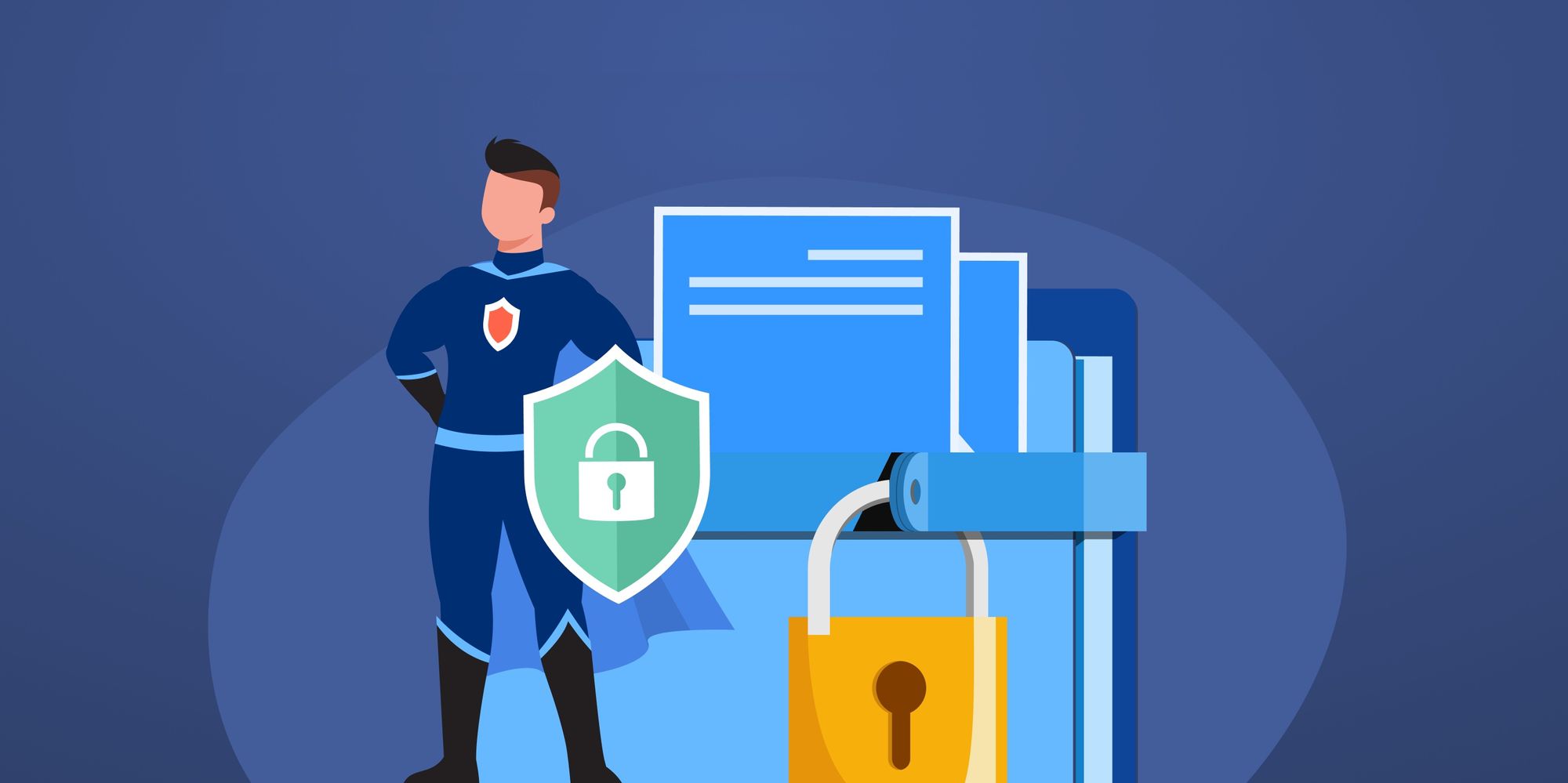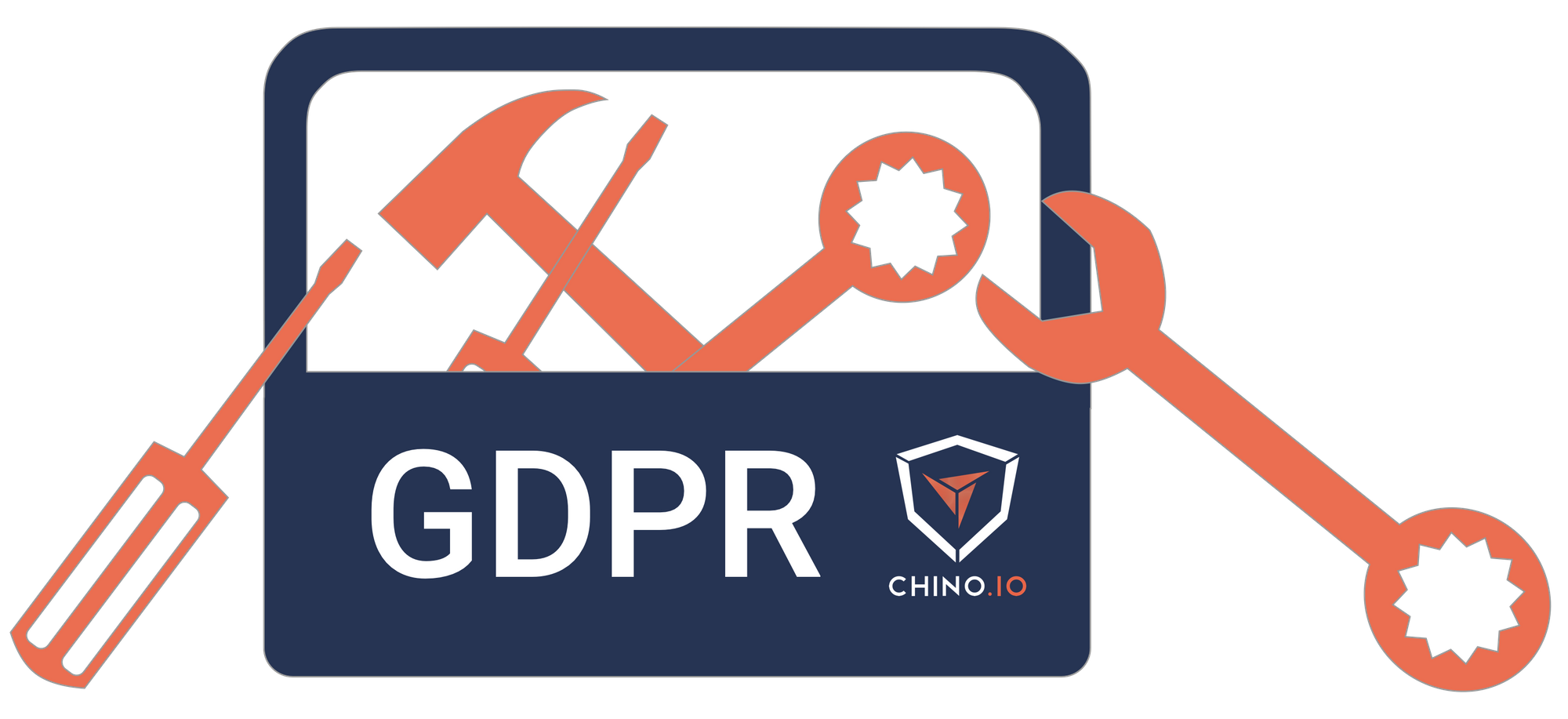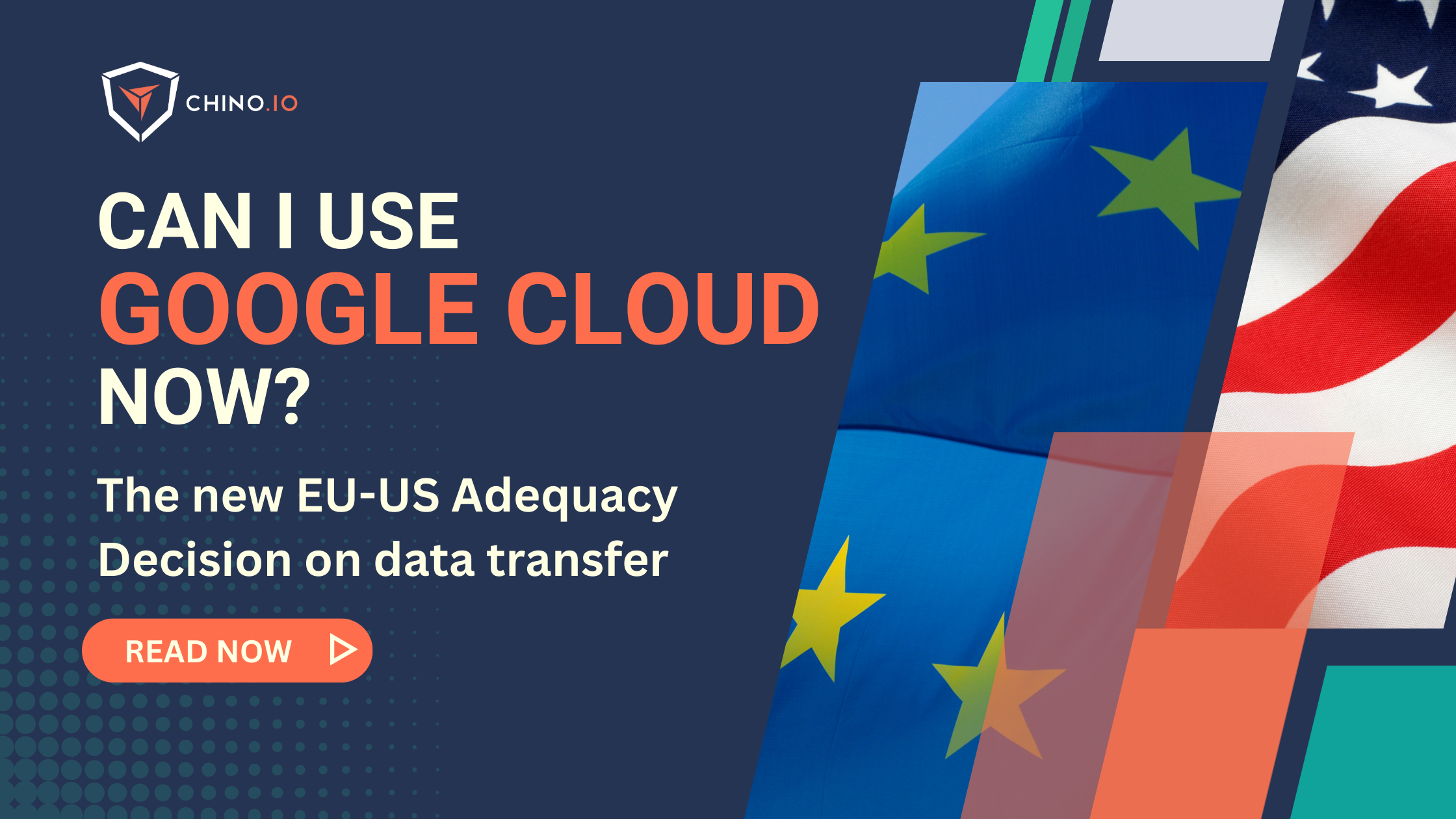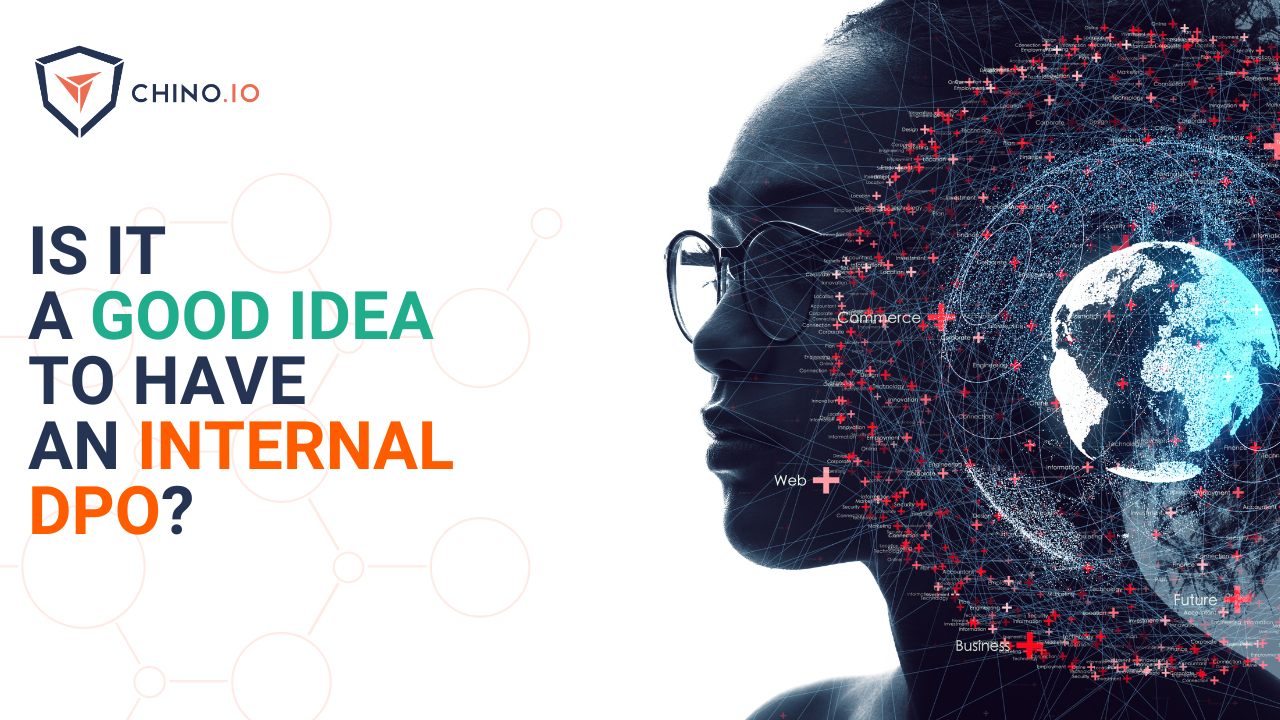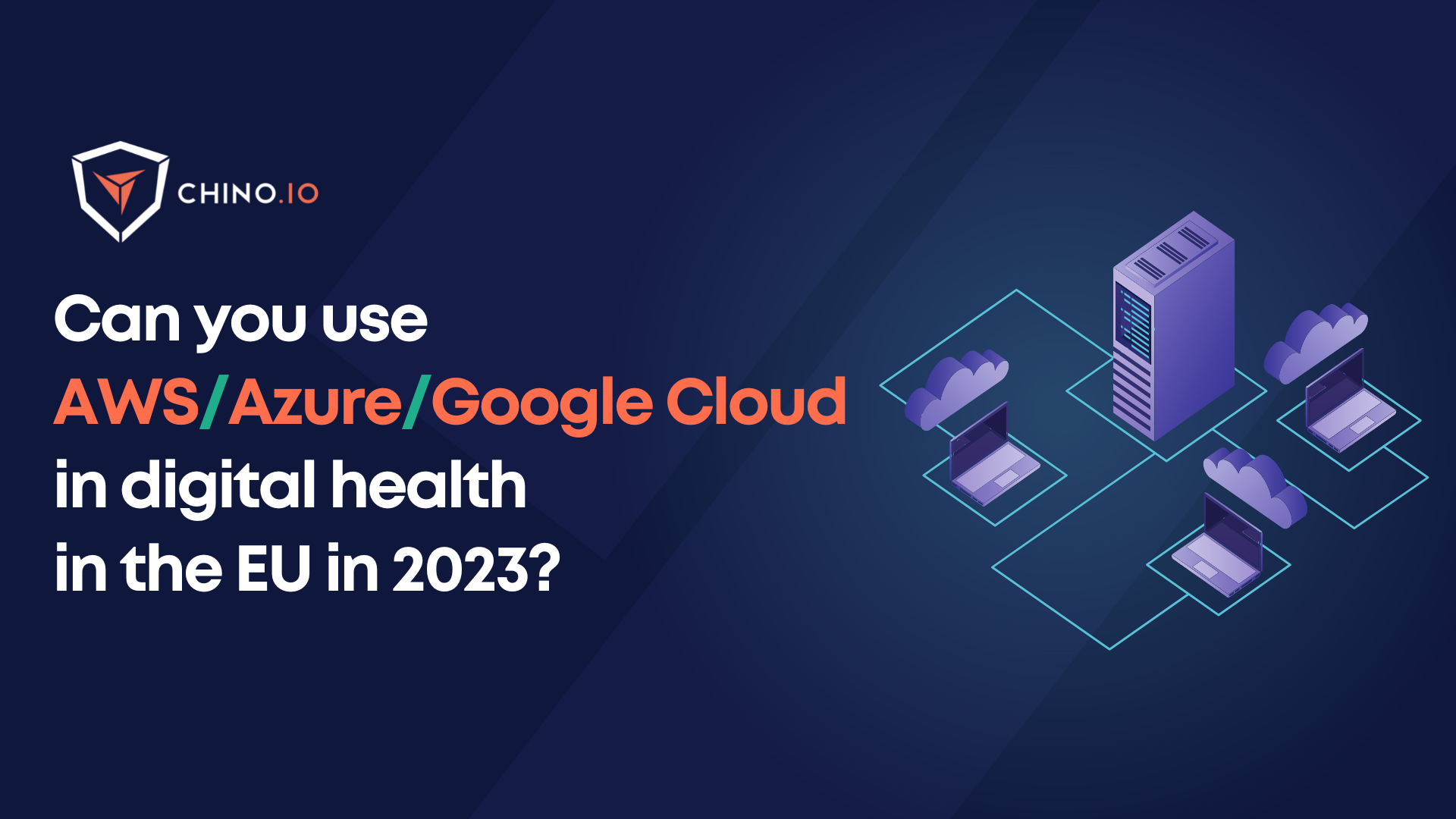Many companies handle sensitive data, such as financial records, health data, or ethnographic data. The GDPR places this sort of data in a special category and requires extra protections to be put in place. One of these is the need to appoint a data protection officer or DPO. If you regularly process this data at any sort of scale, you probably need a DPO. Learn what a DPO is and how we can help you with our DPOaaS products.
What is a data protection officer?
Under GDPR, the data protection officer (DPO) can be thought of as the champion of data subject rights. That is, she is the person upholding the privacy rights of the end users of your application. The GDPR sets out clear responsibilities:
- Inform the company and their staff what their duties are under GDPR and related regulations.
- Monitor their compliance with GDPR, including assigning responsibilities and ensuring staff are appropriately trained
- Providing advice relating to the data protection impact assessment (DPIA) and ensuring the company complies with it.
- Cooperate with the supervising data protection authority.
Why might I need a DPO?
There are various reasons why you may need a DPO. The GDPR sets out three main ones:
- If you are a public authority (or by implication, if you are acting on their behalf).
- If you are conducting systematic monitoring on a large scale. This usually means CCTV surveillance, but also covers other cases.
- If you are processing a lot of sensitive data.
However, there are also a couple of other reasons for appointing a DPO. For instance:
- Because you are working with an organisation that asks you to appoint one. This often happens when a digital health startup conducts clinical trials with a hospital or Clinical Research Organisation.
- If you are a B2B company processing a lot of data on behalf of large companies. Then they may ask you to have a DPO to help protect them and their reputation.
Who can be a DPO?
There are various strict requirements about who can act as your DPO. For a start, they must be an expert in data privacy law. That means knowing GDPR inside-out. Then there’s the requirement to be independent. That means they can’t have an executive role in the company. Otherwise, they wouldn’t be acting on behalf of the data subjects. Thirdly, the DPO must be in a position to provide advice whenever needed.
Importantly, the GDPR does allow you to outsource your DPO role. That’s particularly helpful for startups who typically struggle to find someone internally that matches the requirements above.
How can Chino help me?
For many companies, appointing a DPO is both a daunting and expensive requirement. How can you find someone with the necessary expertise and experience who is able to prove they are independent. Usually, the easiest answer is to appoint a DPO from outside your company.
That's why we created our DPO as a Service (DPOaaS) product. This draws on our years of experience in data protection and data security to give you the gold standard in DPO services.
Appoint us as your DPO and you get peace of mind, save money and become compliant faster. To find out more about what we offer and the benefits, check out our product page.

